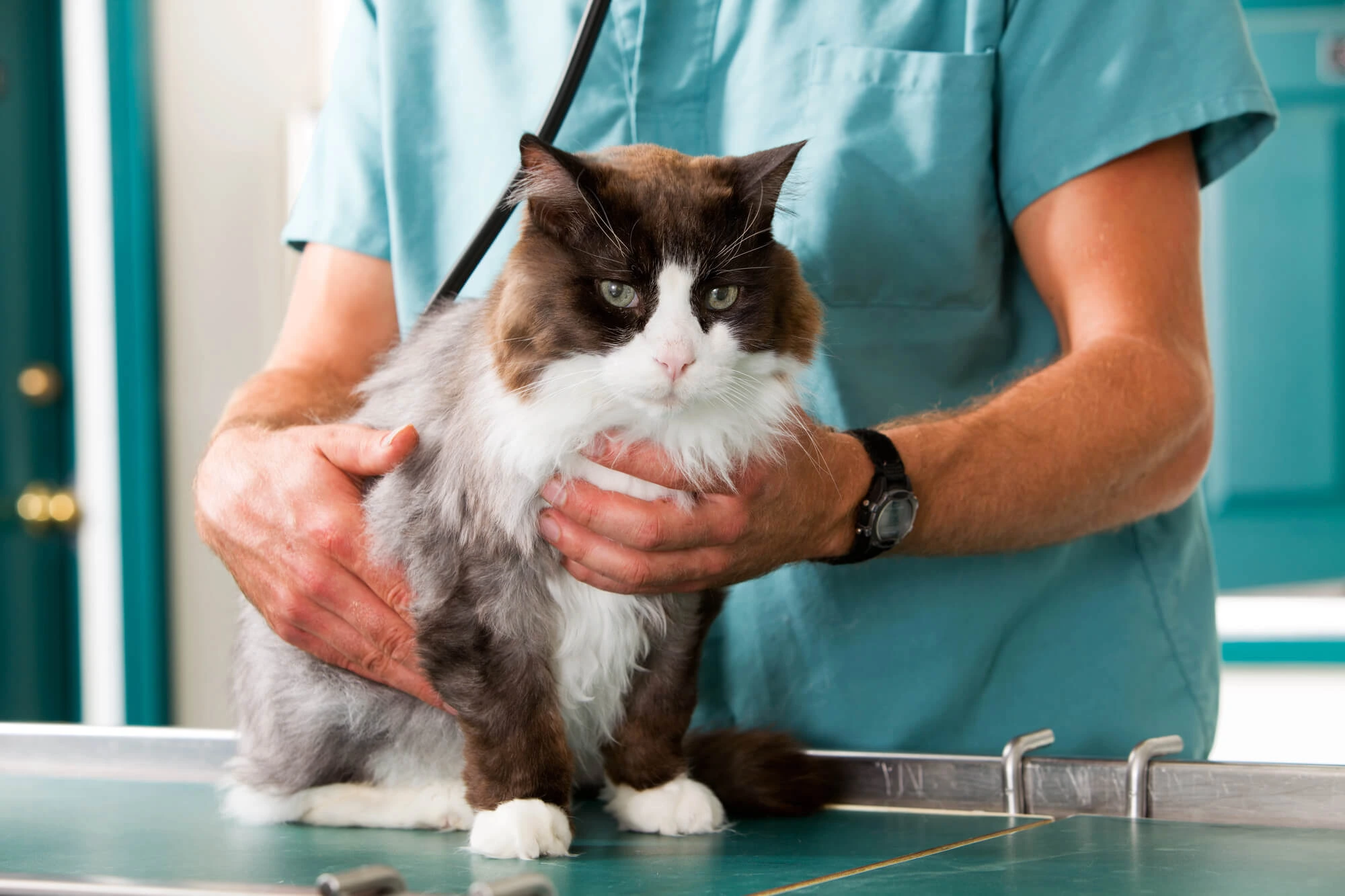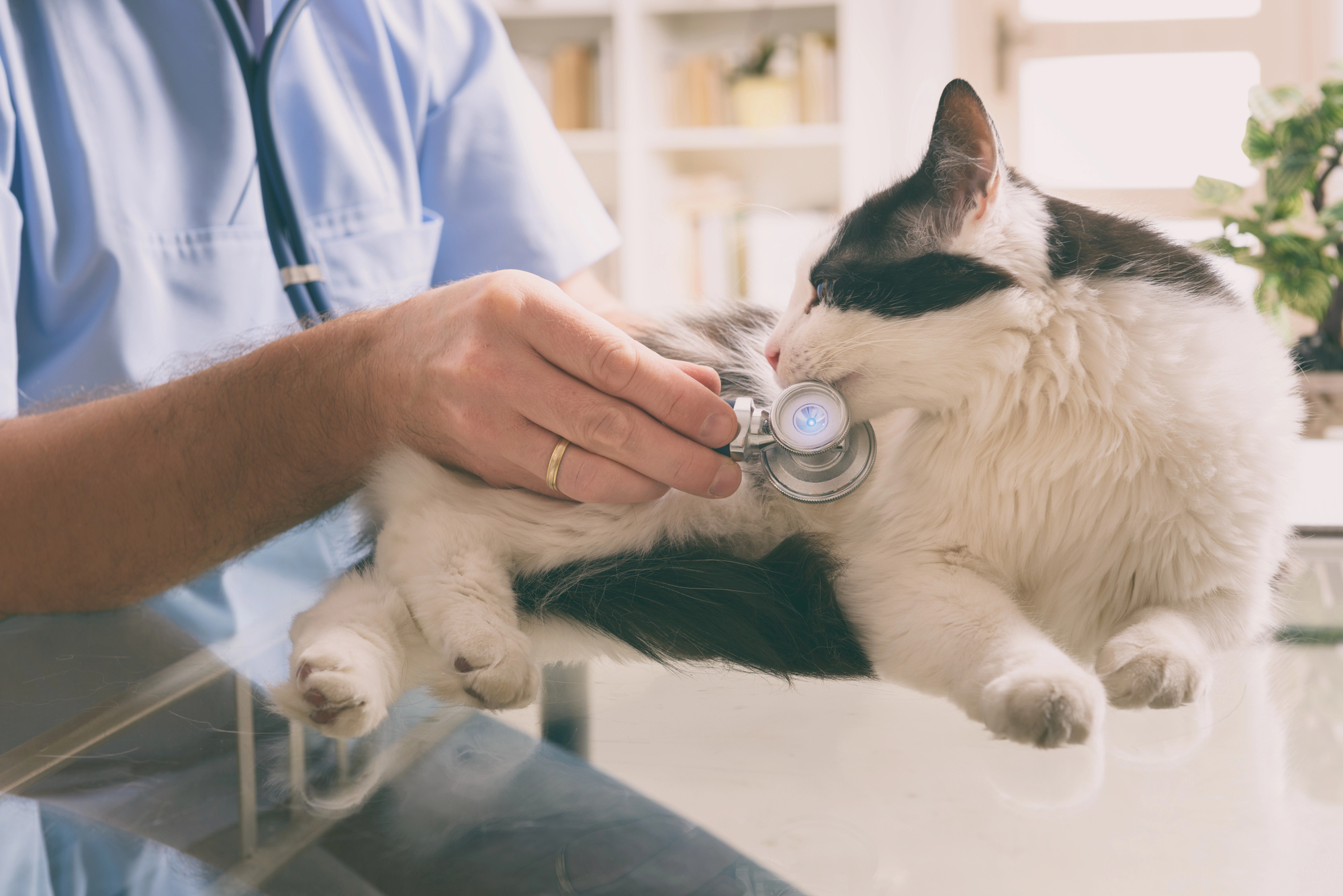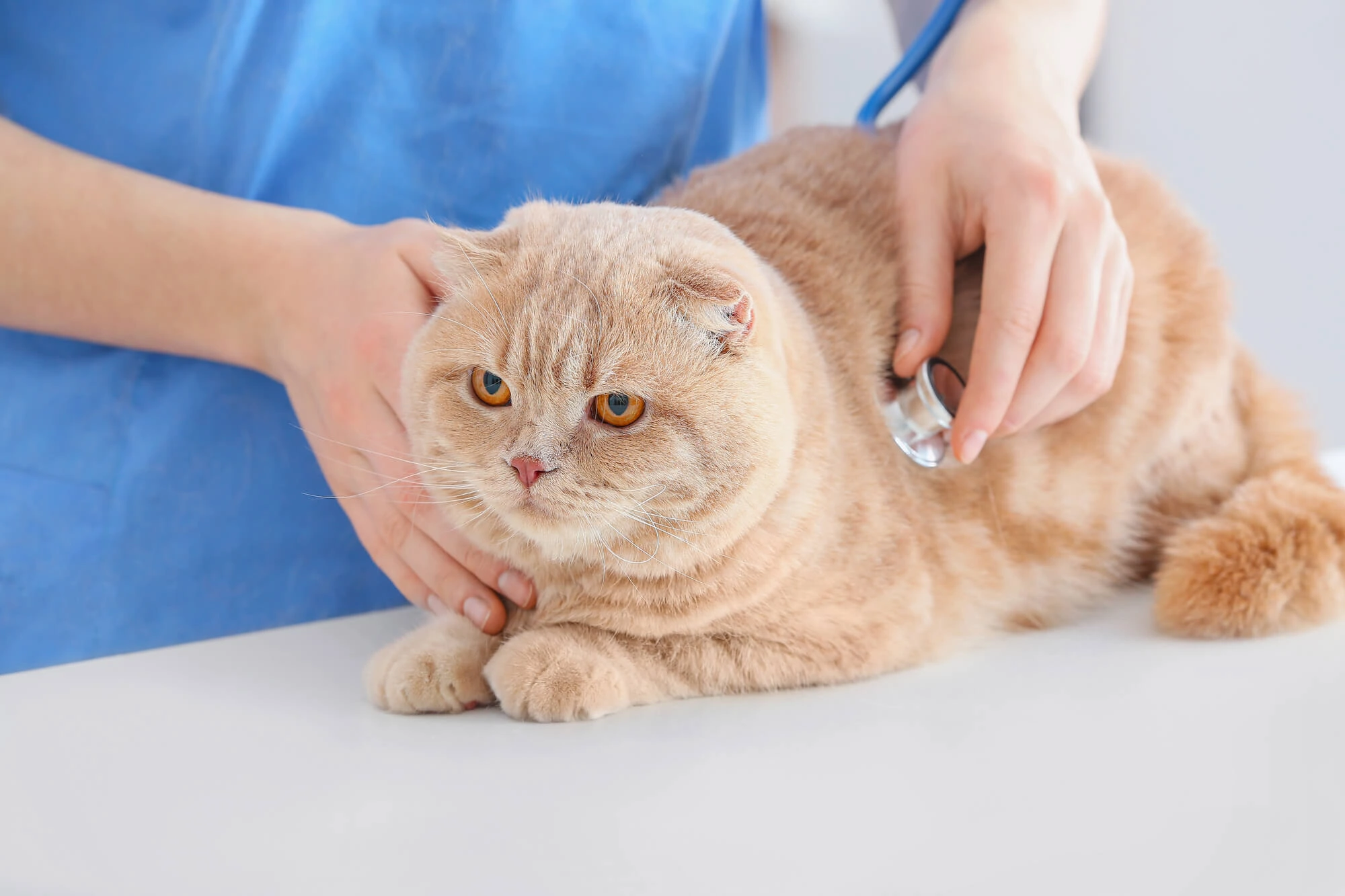Pet Care Tips for Humid Summers in Windermere

Pet Care Tips for Humid Summers in Windermere
When the summer sun rises over Windermere, both people and pets feel the effects of heat and humidity. As local pet owners know, Florida’s summer climate brings unique challenges to keeping your furry family members healthy and comfortable. At Golden Heart Veterinary Care, located at 13205 Reams Rd, Suite 172, Windermere, FL 34786, our veterinary team understands how humid weather can impact pet wellbeing. Whether you are new to the area or a lifelong Floridian, learning the best pet care tips for a humid summer will help your dog or cat thrive during the steamy months ahead.
In this comprehensive guide, we’ll explore how humidity affects pets in Windermere and surrounding communities, what symptoms may signal a problem, and actionable strategies for summer pet health in Windermere. You’ll find guidance on hydration, skin care, exercise routines, and when to seek professional help from your local veterinarian. If you’re searching for the best ways to keep your pet safe and healthy this season, you’re in the right place. To ensure your pet stays protected from seasonal threats, our veterinarians often recommend regular wellness examinations in Windermere, which are a cornerstone of preventive care. Let’s dive into the essential details every pet owner needs for a happy, healthy Florida summer.
Recognizing Humidity-Related Pet Health Issues
Understanding how humidity impacts your pet is the first step to preventing heat-related stress and discomfort. Dogs and cats are affected by high humidity differently than people. Their ability to cool themselves is limited; dogs primarily pant and cats rely on grooming, so hot, sticky air can quickly lead to overheating.
Key symptoms of humidity-related stress in pets include excessive panting, drooling, reluctance to move, restlessness, and increased water consumption. Other warning signs are red or inflamed skin, persistent scratching or licking, and an unusual odor coming from the coat or ears. Occasionally, pets may experience vomiting or diarrhea, which can signal more advanced heat stress or dehydration. If you notice your pet seeking out cool, shady areas or avoiding their usual activities, these behaviors may also indicate they are struggling with the weather.
In humid climates like Windermere, skin conditions can become more common. Watch for patchy fur loss, scabs, or sores that do not heal, as these can be linked to moisture-loving bacteria or yeast. Ear infections may also become more prevalent, especially in pets with floppy ears, due to increased moisture and warmth inside the ear canal. Being aware of these signs allows you to intervene early and protect your pet from more serious health problems.
Why Humid Summers Challenge Pet Health in Windermere
Florida’s tropical climate means that summer is not just hot, but also persistently humid. This combination poses several risks for pets. Unlike humans, dogs and cats do not sweat efficiently. Dogs cool themselves mainly through panting, which is less effective when the air is thick with moisture. Cats, meanwhile, reduce body heat through grooming, but high humidity limits evaporation and can leave their skin damp.
The risk of dehydration increases because pets lose fluids more rapidly in the heat, often without realizing it. At the same time, high humidity can prevent sweat and saliva from evaporating, making it harder for pets to cool off naturally. This means that even a short walk in the middle of the day or a stint in the backyard can be risky.
Humidity also creates the perfect environment for skin infections, hot spots, and allergies. Moisture trapped in the fur, especially in breeds with thick or long coats, supports the growth of bacteria and yeast. Additionally, flea and tick populations thrive in warm, humid environments, increasing the risk of bites and secondary infections.
In Windermere and surrounding communities, the prevalence of standing water after afternoon storms can also heighten the risk of mosquito-borne diseases such as heartworm. These environmental factors make summer pet health in Windermere a year-round concern that requires ongoing attention from both pet owners and veterinarians.
Managing and Treating Humidity-Related Pet Health Issues
When humidity affects your pet’s health, a proactive approach is essential. If you notice early symptoms such as mild dehydration, skin irritation, or increased panting, there are several steps you can take at home to help your pet recover. Encouraging your pet to rest in air-conditioned or shaded areas, providing constant access to fresh water, and gently drying damp fur with a towel can make a difference in mild cases.
If your pet develops more serious symptoms such as persistent vomiting, lethargy, difficulty breathing, or signs of heatstroke, prompt veterinary care is crucial. Our veterinary professionals at Golden Heart Veterinary Care are equipped to diagnose and treat a range of summer-related conditions, from dehydration to skin infections. Treatments may involve intravenous fluids for severe dehydration, medicated shampoos for skin problems, or prescription medications to address underlying infections. For pets experiencing recurring skin irritations, our team may recommend allergy testing services for pets in Windermere to identify specific triggers and develop a long-term management plan.
Regular check-ups are invaluable for monitoring your pet’s overall health during the summer. Comprehensive wellness and routine examinations for pets at Golden Heart Veterinary Care allow our veterinarians to identify early signs of humidity-related problems and recommend customized solutions tailored to your pet’s needs. In cases where skin or ear infections are suspected, we may utilize our in-house diagnostic laboratory to confirm the diagnosis and select the most effective treatment.
Preventing Summer Pet Health Problems at Home
Prevention is always better than cure, especially during Windermere’s humid summers. You can keep your pet comfortable and safe by making a few simple changes to your daily routine. Always ensure your pet has access to clean, cool water throughout the day, and refresh bowls frequently to encourage drinking. Walking your dog in the early morning or late evening, when temperatures are lower, minimizes the risk of overheating.
When indoors, use fans or air conditioning to maintain a comfortable environment. Grooming plays a vital role in summer pet health in Windermere. Regular brushing removes loose fur and helps air circulate against the skin, while professional grooming can thin out thick coats for better temperature regulation. Avoid shaving your pet unless advised by a veterinarian, as fur also protects against sunburn.
Monitor your pet’s skin and ears for signs of infection, especially after outdoor activities or swimming. Drying your pet thoroughly after bathing or exposure to rain helps prevent the growth of bacteria and yeast. For pets with a history of allergies or skin issues, our veterinary team may suggest specialized bathing routines, dietary adjustments, or further pet allergy testing to identify and manage triggers.
Limiting outdoor time during the hottest part of the day is a simple yet effective strategy. When outside, provide shaded areas and avoid pavement or sand, which can become dangerously hot. If you notice your pet is less active or more reluctant to exercise, respect their limits and prioritize indoor play. These steps, combined with consistent preventive care, can significantly reduce the risk of summer health issues in pets.
When to Seek Veterinary Care for Summer Pet Health Concerns
Knowing when to contact a veterinarian is vital for your pet’s safety. You should reach out to a veterinary professional if your pet exhibits persistent panting, drooling, vomiting, diarrhea, or signs of distress that do not resolve after moving to a cooler environment. Additional warning signs such as red or oozing skin, foul-smelling ears, loss of appetite, or unsteady movement require prompt medical attention.
If your pet has a pre-existing condition such as heart disease, respiratory problems, or a history of heatstroke, it is especially important to consult your veterinarian at the first sign of trouble. Early intervention can prevent complications and support a quicker recovery. Scheduling regular wellness examinations in Windermere allows our veterinary team to monitor your pet’s health and adjust care recommendations for the season.
For sudden or severe symptoms, do not delay seeking help, as heat-related illnesses can progress rapidly. Our veterinarians at Golden Heart Veterinary Care are committed to providing comprehensive care and supporting pet owners throughout the year. Remember that what may seem like a minor issue can quickly become serious in hot, humid weather, so err on the side of caution and consult your local veterinarian promptly.
Keeping Pets Safe and Happy All Summer Long
Your pets depend on you to navigate the challenges of a humid summer in Windermere. By recognizing the signs of heat stress, understanding the impact of humidity, and adopting preventive strategies, you can ensure a season of comfort and wellbeing for your furry companions. The veterinary professionals at Golden Heart Veterinary Care are always here to support you with expert advice and a full range of healthcare services, from wellness examinations to allergy testing services for pets in Windermere.
If you have questions about your pet’s health or want to schedule a summer checkup, please contact our team at (407) 392-1888, or visit us at 13205 Reams Rd, Suite 172, Windermere, FL 34786. For those searching for a “vet near me” or looking for the best summer pet health in Windermere, our clinic is dedicated to providing compassionate, quality care tailored to your pet’s needs.
We invite you to schedule an appointment today and experience the difference of working with the best veterinarians in Windermere and surrounding communities. Your pet’s comfort, safety, and happiness are our top priorities—let’s make this summer a healthy and joyful one together.
For informational purposes only. This content does not replace professional veterinary advice. Please consult your veterinarian for any medical concerns or questions regarding your pet’s health.






















